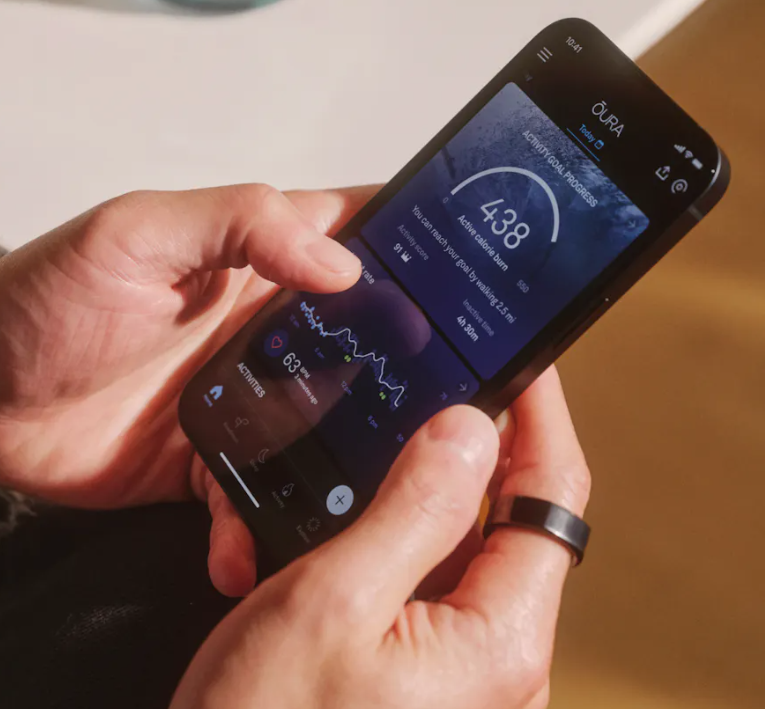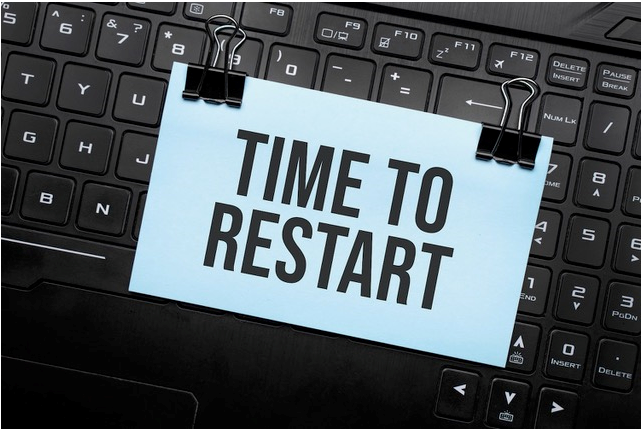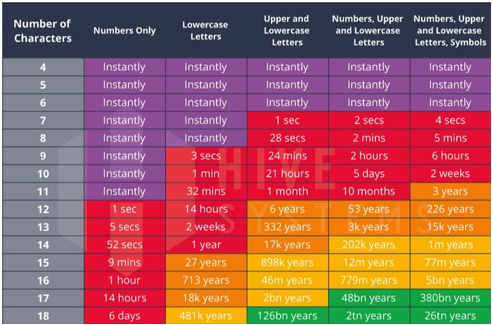by Tony Rushin
Tablets have become a valuable part of the standard hardware collection for legal professionals in the past few years. Used for everything from taking notes and timekeeping to conducting research, reviewing transcripts and signing court documents, these valuable tech tools offer myriad ways to save time and accomplish crucial tasks from any location. The number of law-specific apps is increasing rapidly, and your firm must strongly consider joining the tablet team in order to remain competitive.
 The question of whether your firm can benefit from investing in tablets for attorneys and other legal staff is an easy one; choosing the best platform from among the available options poses more challenges. It’s hard to decide between everything that’s out there without the opportunity to work with each one and compare them. Unfortunately, most firms that want to invest in tablets must do just that. Your decision will be based on several factors:
The question of whether your firm can benefit from investing in tablets for attorneys and other legal staff is an easy one; choosing the best platform from among the available options poses more challenges. It’s hard to decide between everything that’s out there without the opportunity to work with each one and compare them. Unfortunately, most firms that want to invest in tablets must do just that. Your decision will be based on several factors:
- Productivity and applications
- Firm workflow
- Client service
- Security
- Price
To give you a feel for the various options and help you determine which one might provide the best fit for your firm, let’s explore the three major types of tablets in use today.
Android
These tablets come in many sizes and are built and branded by multiple manufacturers. Google’s open-source platform means it’s easy for developers to create apps; the Play Store offers a range of law-specific tools for applications to help you track billable hours, network, take notes, capture dictation and review documents. There’s even an app to help you predict the outcome of a negotiation.
Android tablets are the clear winner when it comes to price, with some tablets available for as little as $100 or less. Despite this appeal to the pocketbook, few attorneys opt for Android tablets as their main choice for work-related mobile devices.
Negatives include an interface that’s less user-friendly for those who aren’t digital natives and relatively weak security. This is a critical deficit, given the grave threats posed by any breach of the sensitive data that law firms routinely handle.
iPad
Apple’s original iPad was the first tablet to hit the market. Hardware and software are closely integrated on these products, with Apple tightly controlling the apps available in the App Store. This results in a far more secure platform than Android.
Though iPads typically cost more than Android tablets, they are not the most expensive option. Current models come in three screen sizes that all utilize the same applications. In fact, many attorneys choose iPads in part because of the vast array of specialized apps to help them in almost every area:
- Courtroom
- iAnnotate
- TrialPad
- iJury
- Office
- Dragon Dictation
- Evernote
- CaseTime
- Docs to Go
- Case Management
- Citrix
- DocketLaw
- Research
- Lexis
- West Law
- Fastcase Law
- Patent Portal
The list above is only a taste of what’s available. The selection is so great that there are even technology experts who help attorneys select the best apps.
Windows
The Microsoft SurfacePro may have arrived late on the tablet scene but it’s made plenty of waves ever since. Now in its 4th generation, the SurfacePro line has become a serious alternative for attorneys. An SP4 can really take the place of a laptop for an attorney because it runs the full Windows operating system and Office productivity software while an iPad does not. (While it is possible to use Office 365 on iPads other than the Mini, the regular programs cannot be installed.)
Though priced significantly higher than the iPad, the SurfacePro does not offer as wide a selection of apps. It does, however, offer the advantage of USB and HDMI/VGA connections. Because of the unique strengths of each tablet, some attorneys choose to use a SurfacePro as a laptop replacement along with an iPad for certain legal apps.
Whichever tablet your firm selects, you’ll need to make a firm-wide commitment to training, to ensure maximum productivity, and to adopting basic security measures. Tablets should be set to auto-lock, with sensitive data erased as soon as it’s no longer necessary. For more security tips, see our recent article or contact a Network 1 technology professional.
You’re going to love using your new tablets and be amazed at the convenience and portability they deliver. Now… which one will you choose?






